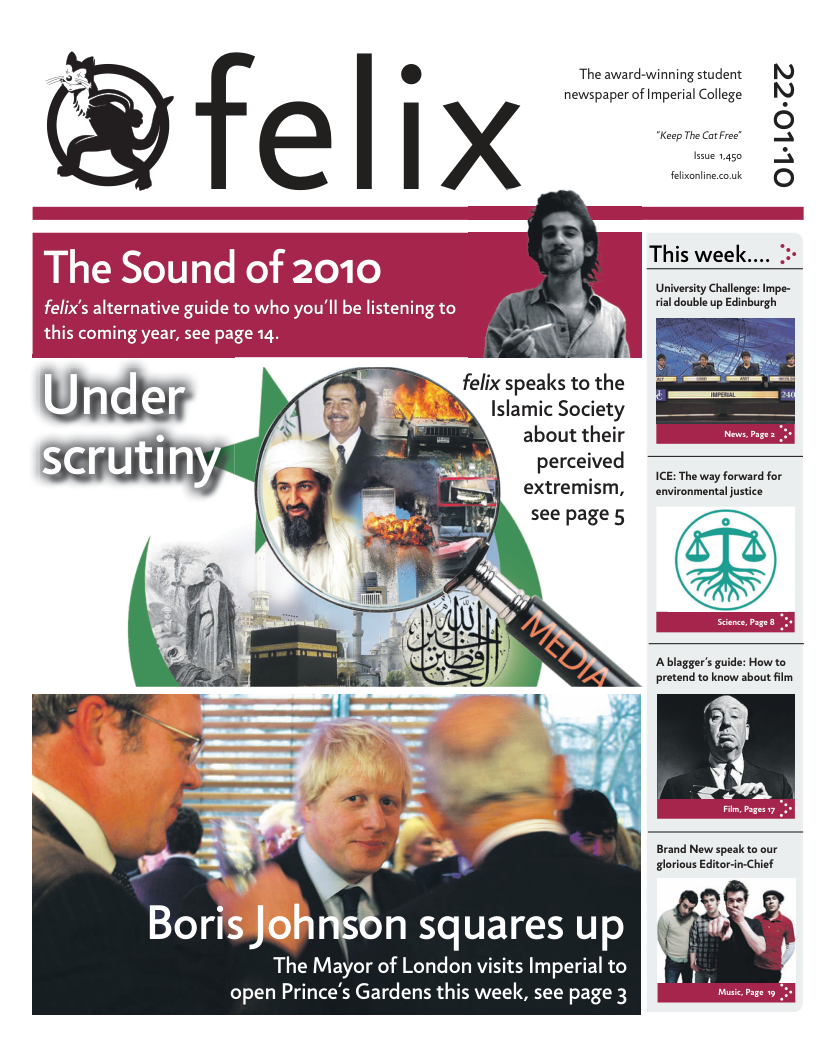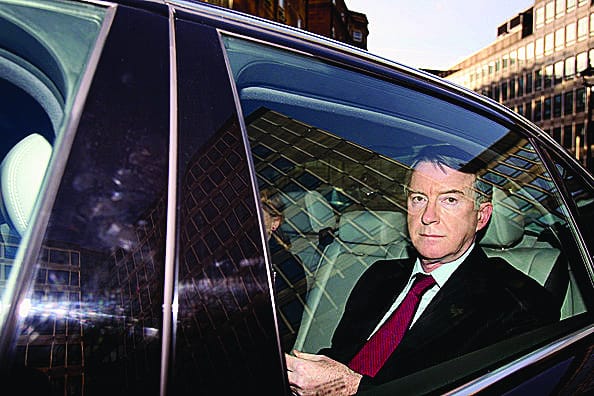Exhibition Road Project opposed by charities
Exhibition Road Project opposed by charities

The Exhibition Road Project has come up against a hurdle still standing after a group of 30 charities are looking to carry on fighting their case to stop the removal of pavements on Exhibition road, creating a shared space for pedestrians and traffic.
On Friday they applied for a second High Court hearing to challenge the legality of the £25 million plans, which one of the charities, Guide Dogs, claims will endanger the safety of visitors, particularly the blind, disabled, elderly and children. The charities are hoping to reverse a High Court ruling made last month that that the application for judicial review of the pavement removal project was “premature.” Guide Dogs claims that the plan is “dangerous and unlawful.” The charities serve disabled people and are concerned about the possible safety implications of the project, particularly for these vulnerable groups. It is not hard to see why some people may be concerned about creating a zone for joint use by both cars and pedestrians, especially when the areas attracts more than 11 million visitors a year. The council has sought to alleviate these fears by reminding concerned individuals and groups that the boundaries of a pedestrian zone would be clearly marked by a “tactile corduroy delineator” and that traffic will be restricted to 20mph. Guide Dogs, in leading the group of 30 charities in applying for a second High Court hearing, responded that tactile boundaries are “untested.”
In December, when interviewed by Felix, Project Leader, Councillor Nicholas Paget-Brown from the Royal Borough of Kensington and Chelsea argued the removal of formal pavements would benefit disabled people.
He said, “the kerb it is a trip hazard and is not actually an ideal barrier for people with physical disabilities. So removing the kerbs can be very helpful.” He was also certain that guide dogs would be able to distinguish pedestrianised and motorway sections of the surface, stating, “It is certainly possible to train guide dogs with a recognizable strip of corduroy paving all away up.”
Tom Pey, from Guide Dogs, said: “The council has repeatedly ignored our research and representations from other organisations, as well as our ‘Say No to Shared Streets Campaign’ which is supported by 30 disability groups.”
There is currently academic research being done on the concept of shared zones for use by both pedestrians and traffic. The government has delayed giving advice on the issue until the results of that research are published.An alternative proposal, which has not received much support, is for Exhibition Road to be closed to traffic during periods of heavy pedestrian use, such as during the day and at weekends.









